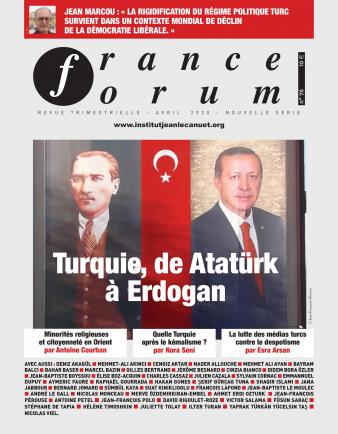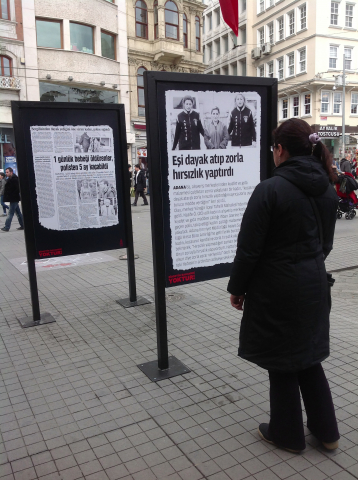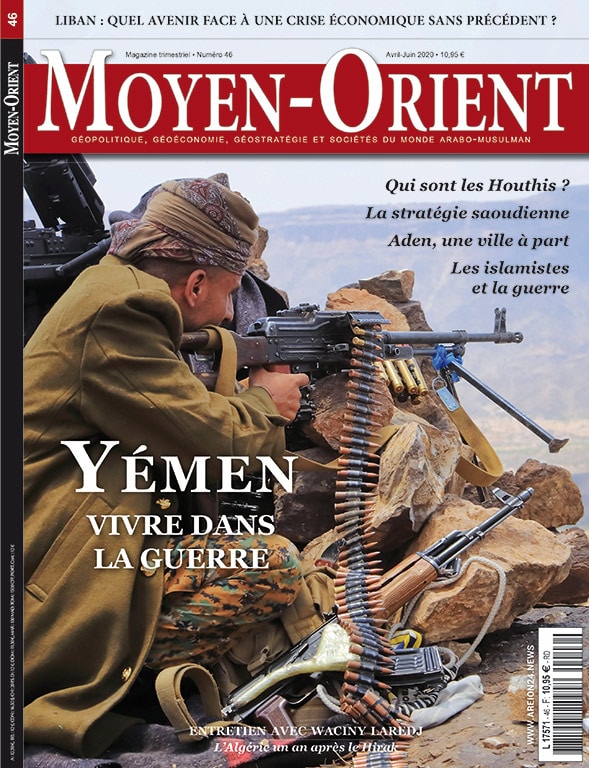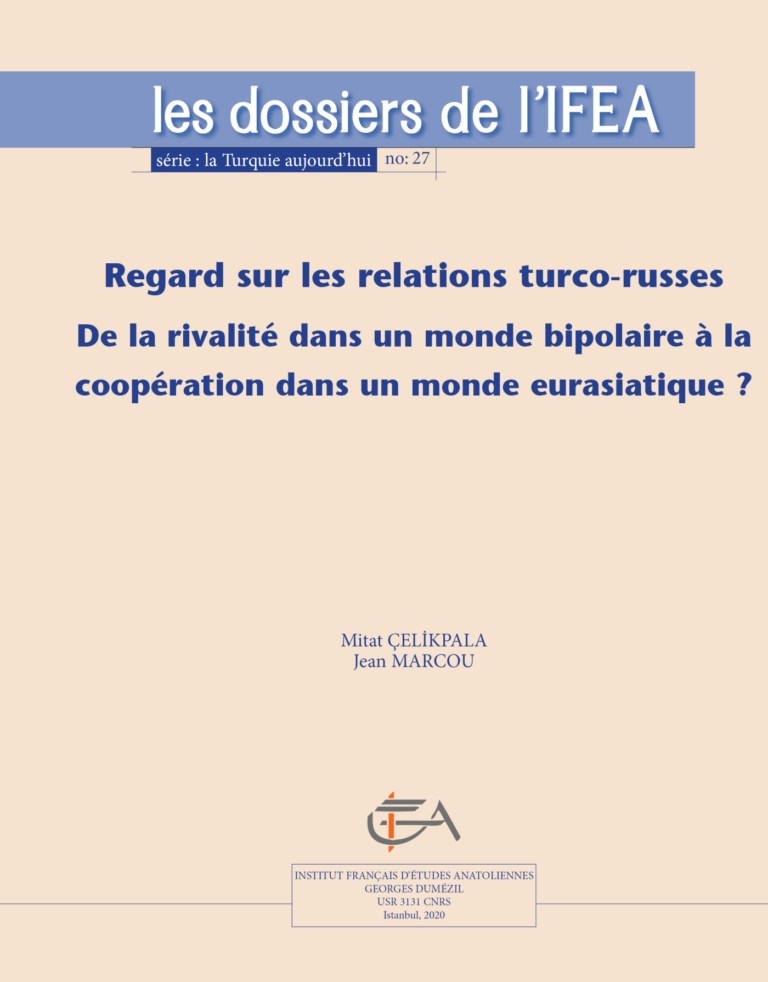
Turquie, de Atatürk à Erdoğan
France Forum 76, avril 2020 https://www.institutjeanlecanuet.org/content/turquie-de-ataturk-erdogan Est-elle encore réellement dans l’Otan ? Inspire-t-elle méfiance ou désir dans les pays arabes ? Est-elle avec ou contre la Russie ? L’adhésion à l’Union européenne est-elle toujours un horizon possible ? Recep Tayyip Erdoğan est-il l’héritier ou le fossoyeur de Atatürk ? Existe-t-il une issue pacifique à la question kurde ? L’accueil des immigrés syriens est-il générosité ou pur opportunisme ? Et, bien sûr, la Turquie est-elle encore une démocratie ? Sommaire Turquie, de Atatürk à Erdogan Le tournant autoritaire Jean MARCOU La Turquie est-elle encore une démocratie ? Jana JABBOUR Un régime hyper-présidentiel Cengiz AKTAR Après le putsch raté Sümbül KAYA La lutte des




